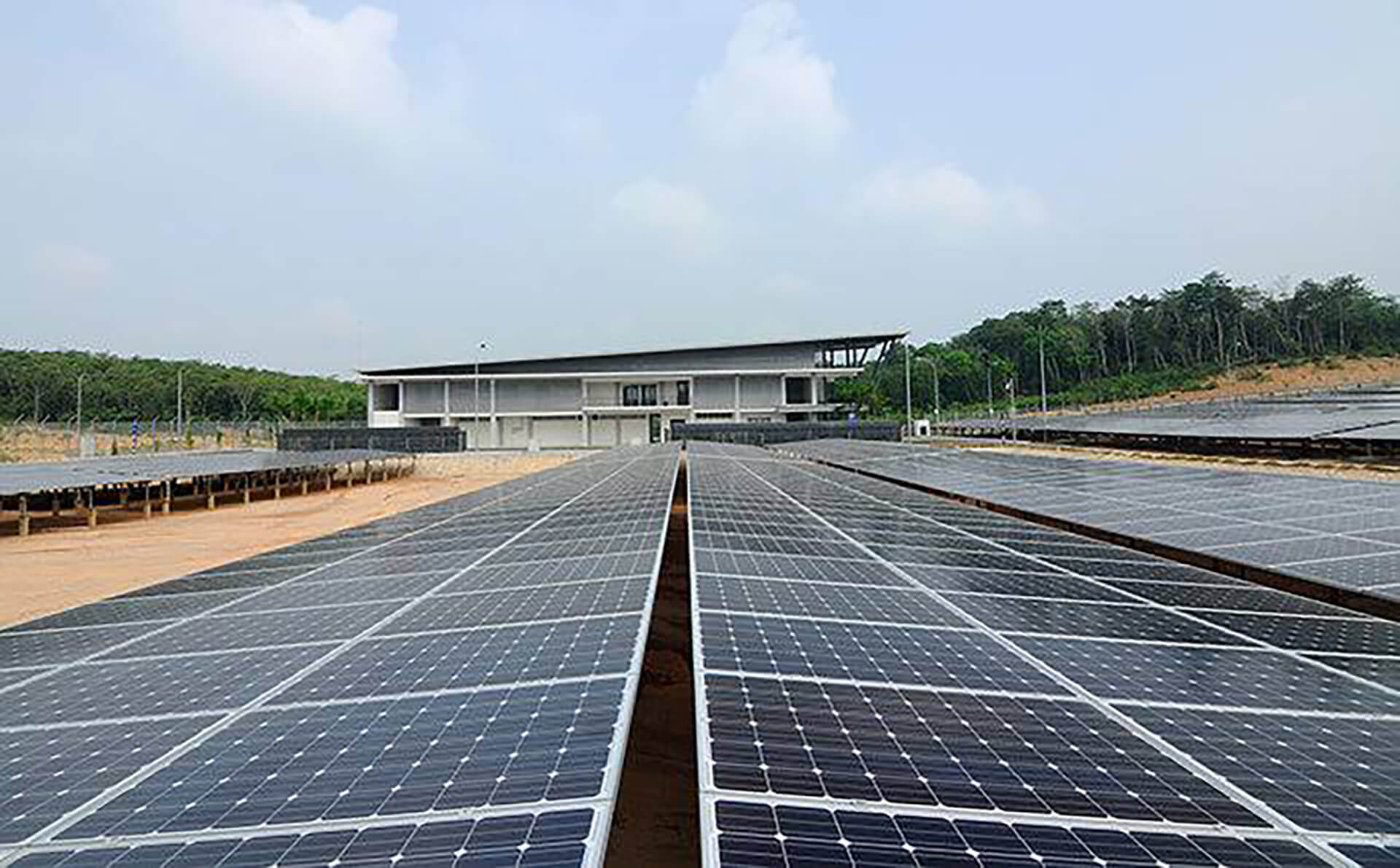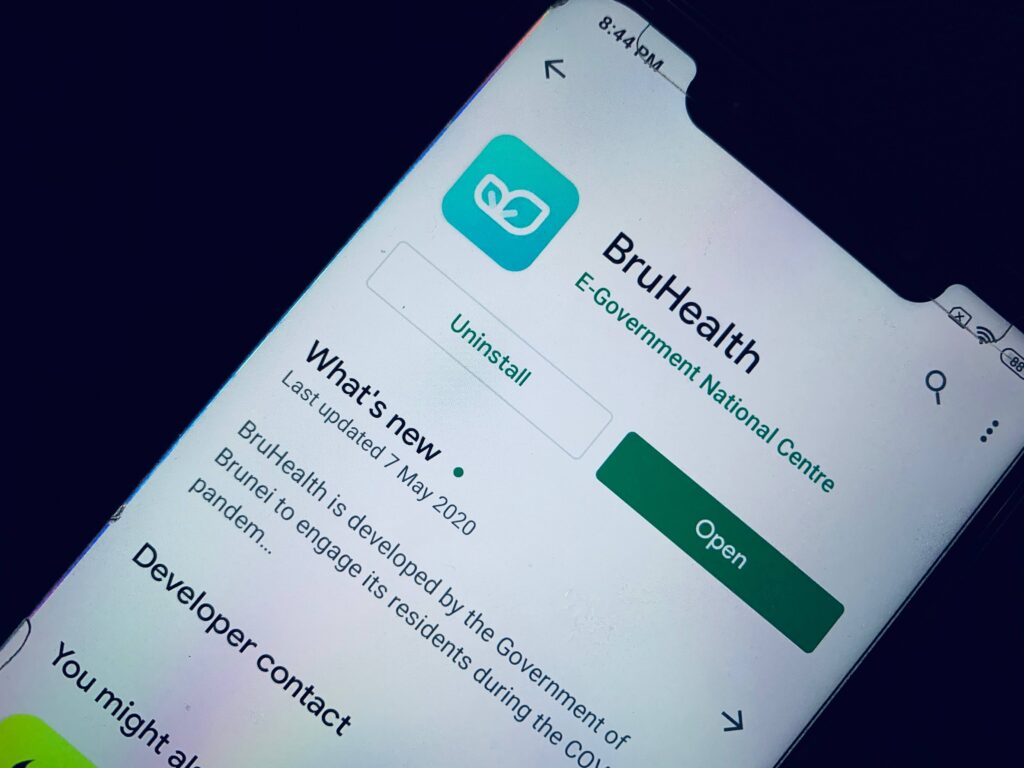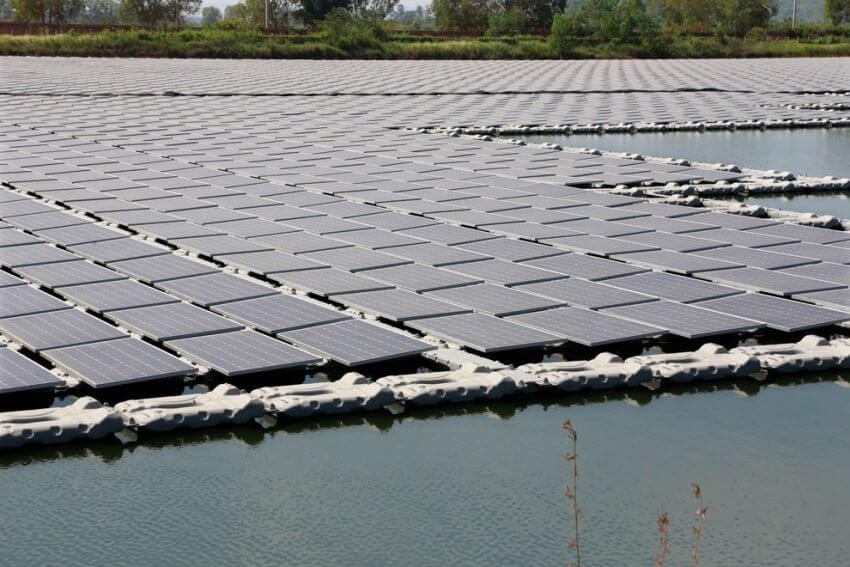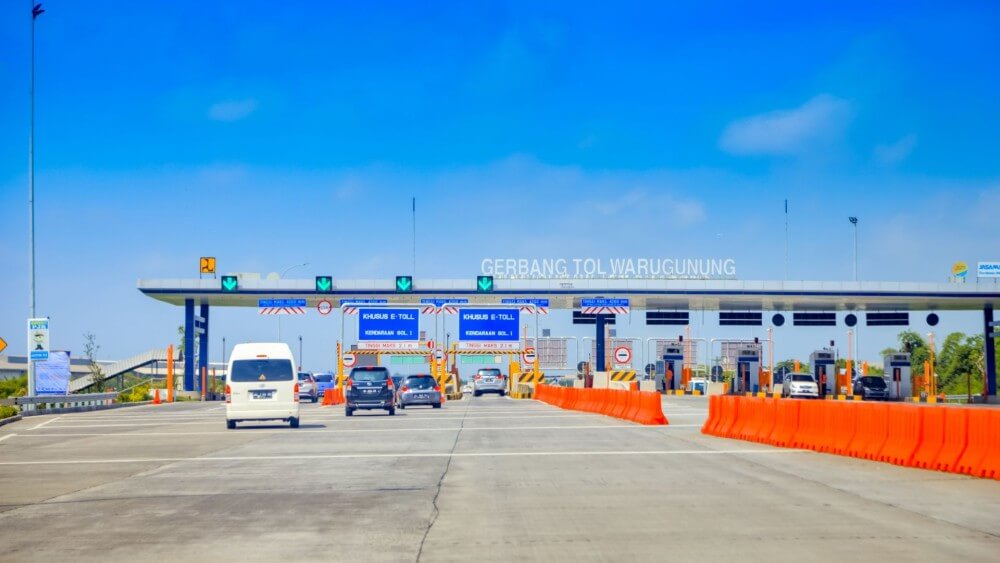Financing instrument and amount
MYR 250 million (USD 59 million) through sukuk (interest-free bonds)
Background
Malaysia stands as one of the world’s major hubs for Islamic banking, boasting a well-established sukuk market that represents approximately 40% of global outstanding sukuk as of 3Q2023. In 2014, the country introduced its Sustainable and Responsible Investment (SRI) sukuk framework to position itself as a centre for green and sustainable Islamic finance.
In 2017, the World Bank, Bank Negara Malaysia (BNM) and Securities Commission Malaysia established a technical working group to explore avenues that would encourage investments in green or sustainable projects, with the objective of paving the way for the development of a green Islamic finance market in Malaysia. As a culmination of the working group’s efforts, Tadau Energy Sdn Bhd issued the world’s inaugural green sukuk on 27 July 2017, successfully raising MYR 250 million (USD 59 million). The funds were used to finance a 50-megawatt solar photovoltaic power plant in Sabah, Malaysia.
Approach
Malaysia had taken early steps towards positioning itself as a centre for green and sustainable Islamic finance through its SRI sukuk framework that aims to promote socially responsible financing and investment, as an extension of the existing sukuk framework. The technical working group recognised an opportunity to capitalise on Malaysia’s leadership in Islamic finance to pioneer the issuance of the world’s first green sukuk. This innovative financial instrument would combine the principles of green bonds and sukuk, to offer a solution that could help address the country’s infrastructure and green financing needs.
To achieve this milestone, the technical working group engaged with various public and private stakeholders, including the Ministry of Finance, the Ministry of Energy, Green Technology, and Water, the Malaysian Green Technology and Climate Change Corp. (then Green Tech Malaysia Sdn Bhd), and other financial institutions and potential issuers. Their efforts involved advocating for the concept of the green sukuk and providing guidance on how to kickstart the local market through incentives such as tax deductions and subsidies as well as supporting the first issuers to navigate government policies and international best practices.
Securities Malaysia subsequently issued the SRI sukuk and Bond Grant Scheme that provided various incentives to sukuk issuers. Under the scheme, eligible issuers could claim 90% of their external reviewer fee from government grants and receive tax exemptions for up to five years. Additional guidance included assistance in identifying eligible green projects, capacity building assistance to help issuers adopt international best practices, identify external reviewers, and obtaining green certification to enhance assurance of the green sukuk and investor confidence.
Results
On 27 July 2017, Tadau Energy Sdn Bhd issued the world’s inaugural green sukuk, successfully raising MYR 250 million (USD 59 million). The funds were used to finance a 50-megawatt solar photovoltaic power plant in Sabah, Malaysia. In addition to aligning with the SRI framework, the sukuk also received endorsement by the Sharia Advisory Council of BNM and the highest rating from the external assessment provider, the Centre for International Climate and Environmental Research (CICERO) to boost assurance and enhance investor interest. Following the success of Tadau Energy’s issuance, a second, larger green sukuk was issued for MYR 1 billion (USD 286 million) by Quantum Solar in late 2017, to finance a separate solar energy power project.
Key Learnings
A strong SRI framework in line with global best practices is critical.
The SRI sukuk framework introduced by the Securities Commission Malaysia in 2014 provides a clear set of requirements for the issuance of an SRI sukuk including eligible projects, evaluation and selection processes, as well as reporting requirements. The framework is in accordance with international standards and best practices which emphasise the importance of transparency in respect of disclosure requirements and provides a clear guide for potential issuers.
Incentives and subsidies are valuable in supporting new financing instruments.
Incentives such as tax exemptions on gains derived from sukuk issued under the SRI framework, and subsidies that help reduce the cost of external reviews, serve as valuable tools to simulate increased participation from issuers in financing green, social, and sustainability projects through sukuk.
Successful issuance can bolster investor confidence and market expansion.
The successful issuance of green sukuk not only secured funds for sustainable projects, but also bolstered investor confidence in Malaysia’s commitment to environmentally responsible financing and its position as a hub for Islamic finance. The high rating from an external assessment provider played a critical role in establishing credibility for the green sukuk. The subsequent issuance of a larger green sukuk indicated growing interest from investors and confidence in the innovative financial instrument. These developments set a precedent for future sustainable investment initiatives in Islamic finance not just in Malaysia, but also in other countries in the region, such as Indonesia.
Sources
Sources
- World Bank (2017). Helping Malaysia develop the Green Sukuk market. Available at:
https://thedocs.worldbank.org/en/doc/21c2fb7dfb189f10a0503004757b03f4-0340012022/original/Case-Study-Malaysia-Green-Sukuk-Market-Development.pdf - World Bank (2020). Pioneering the Green Sukuk: Three Years On. Available at:
https://www.worldbank.org/en/country/malaysia/publication/pioneering-the-green-sukuk-three-years-on - Securities Commission of Malaysia (2021). SRI sukuk and bond grant scheme. Available at:
https://www.sc.com.my/api/documentms/download.ashx?id=dbdf1bea-8612-4ead-a171-830b9257f24a - ADB Background Paper (2021). Green Islamic bonds. Available at:
https://www.adb.org/sites/default/files/institutional-document/691951/ado2021bn-green-islamic-bonds.pdf




